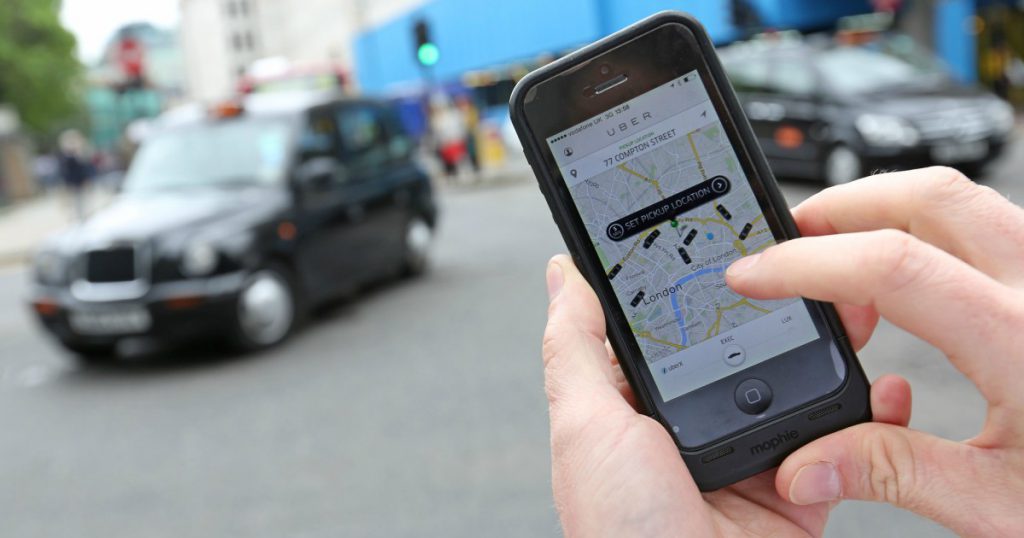This morning, the LTA issued a ban on courier services by private-hire as well as taxi drivers.
According to the rule, drivers aren’t allowed to be couriers or deliverymen if no passengers are on board.
According to ComfortDelGro, taxi drivers have done courier services for companies, including Amazon Prime, although there have always been a passenger onboard. Drivers have expressed however, that a company’s good reputation makes them “feel safe“, so they’d be willing to courier goods even without passengers.
Other private-hire drivers have even directed others to Adecco, Amazon’s Singapore hiring agent as revenue rates are “generally higher” than passenger fares.
In January this year, we also covered the rise of private-hire courier services, and how even Uber wasn’t explicitly against it.
According to their Terms page, Uber rides are “available solely for [the rider’s] personal, noncommercial use”, i.e. only business entities were not allowed to use them for couriers.
Netizens Flare Up
Prime Taxi’s chairman Neo Nam Heng is clearly not an advocate of it.
“I have encouraged all the drivers of my fleet of 1,500 taxis to take up such bookings,” he told the Straits Times, as it helps them earn during off-peak periods.
Premier Taxi Managing Director Lim Chong Boo stated that although the companies reminds drivers to not do courier services, such regulations are “very difficult” to enforce.
Scanning through Facebook comments, it would appear netizens are pretty #triggered over the news, with many slamming the LTA for being “inflexible” and being unconcerned of how this would affect the livelihood of drivers.



Of course, some also chipped in to discuss how this law would be good for official courier services, noting that it is important to strike a “balance“.

How Feasible Is This Rule?
There was no mention of how LTA, taxi or private-hire companies would be notified of courier services, so I would assume that it the onus would be on the drivers themselves to make a report.
How feasible would this action plan be in reality.
It is hard enough to be a taxi driver in Singapore, and recent coverage of fleets of idle taxis prove it.
Saying no to a courier service would effectively shave down earnings for drivers, especially during off-peak periods. For drivers who are renting cars, both taxis and private-hires, the need to make back the rental and other expenses would also dissuade them from rejecting courier requests.
Similarly, even if a driver were to be caught with a passenger’s package, he or she could easily pass it off as their own, or even hide it, to avoid the law.
One way I’d expect companies would be able to check for courier requests would by monitoring the in-app text or call functions, perhaps crawl the transcripts for keywords like ‘courier’, ‘deliver’ and ‘packages’.
Another existing solution would be for Grab or Uber to introduce a transport arm specifically for courier services. These services have already been implemented, such as with GrabBike in Indonesia.

The only question is, would they do it? Because right now, unless drivers take the initiative, it would be difficult to monitor for law breakers.
So would LTA stick to their guns, or revise the rules for more flexibility?
Given the way Singapore is governed however, the latter seems an almost impossible option.
What do you think?
Featured Image Credit: Vulcan Post
Also Read: [PHOTOS] Carousell Named Best Tech Startup To Work For In S’pore – This Office Tour Explains Why










